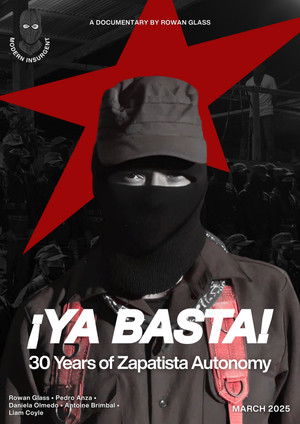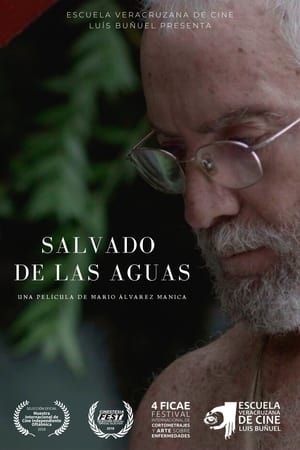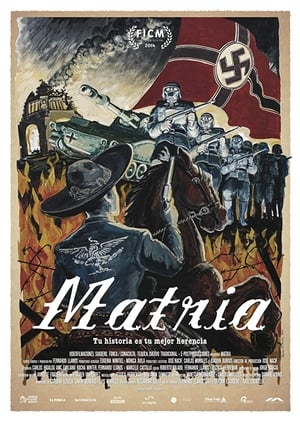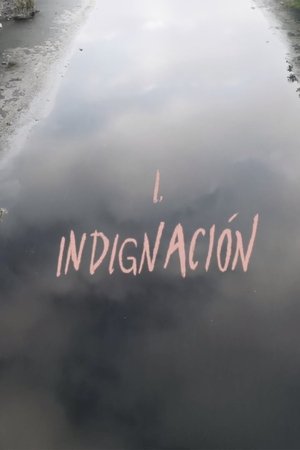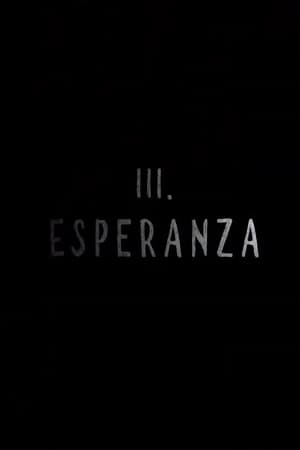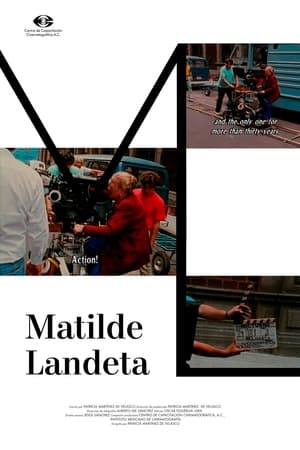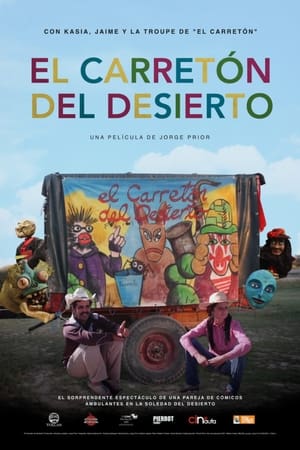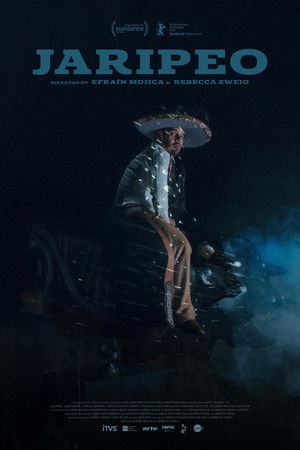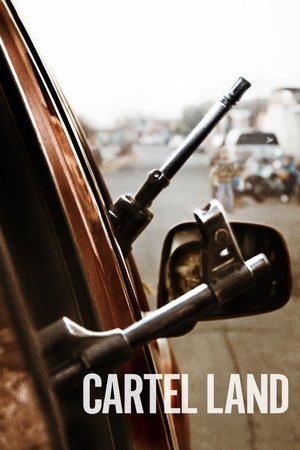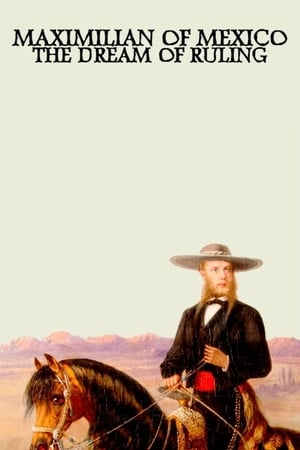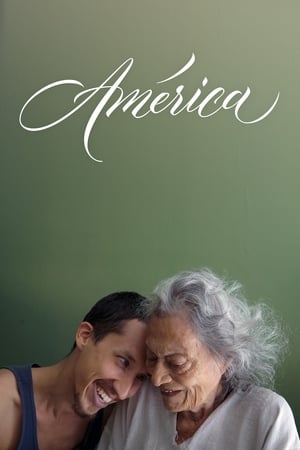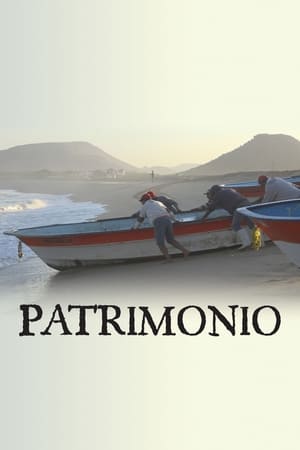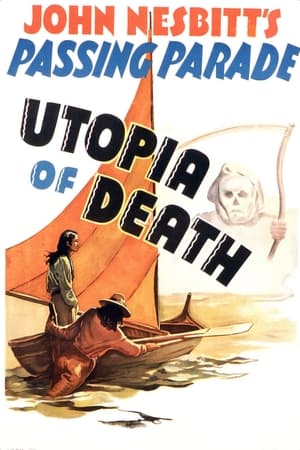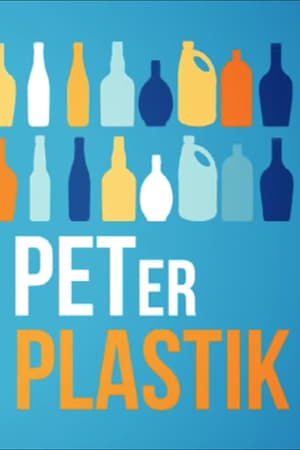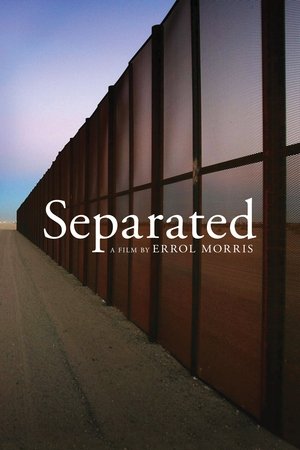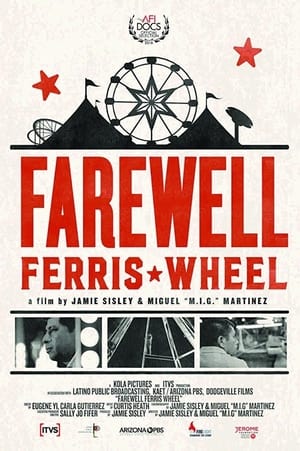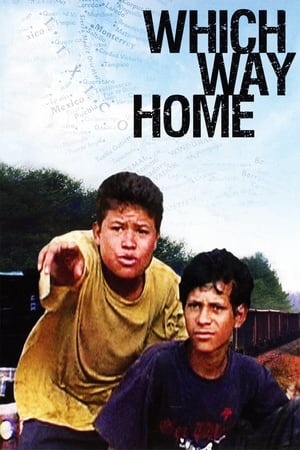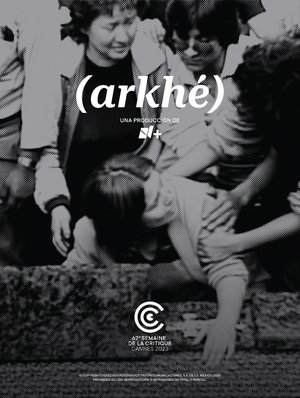Overview
Sentinels of Silence is a 1971 short documentary film on ancient Mexican civilizations. The film was directed and written by Mexican filmmaker Robert Amram, and is notable for being the first and only short film to win two Academy Awards.
Reviews
Over fifty years after this was made, I reckon you'd still struggle to find a better filmed documentary that extolled the amazing constructions from Mexico's ancient past. From as far back at 1200 BC, the Toltecs, Olmecs, Monte Alto and Maya civilisations were erecting pyramid structures hundreds of feet into the sky, with perfect symmetries while constructing complex cities of stone with broad avenues and plazas. What's helped this nation enormously is that even though time has ravaged many of the buildings, the delights of modern day ordnance have not and so even at their most turbulent, the battles and warfare of these tribes wasn't actually able to inflict the degrees of destruction seen in other, similar, sites around the globe. The city of Tenochtitlán is astonishingly well preserved and the aerial photography not only gives us an indication of the sheer scale of the place, but also a look at it's inhospitable location from a logistics perspective. How did they manage to build amidst the dense forest in the first place? Could we even do that now? We are taken on a brief tour of half a dozen amazing archaeological and architectural locations accompanies by a rousing score and some magical use of light and clouds and this really is worth a look as it begs questions about humanity's worship of the sun whilst building pyramids all over a globe by peoples who could share no knowledge of life in Asia or Europe or Africa with each other. Or could they?

 18 min
18 min
 6.8
6.8
 1971
1971
 Mexico
Mexico
 CinemaSerf wrote:
CinemaSerf wrote: